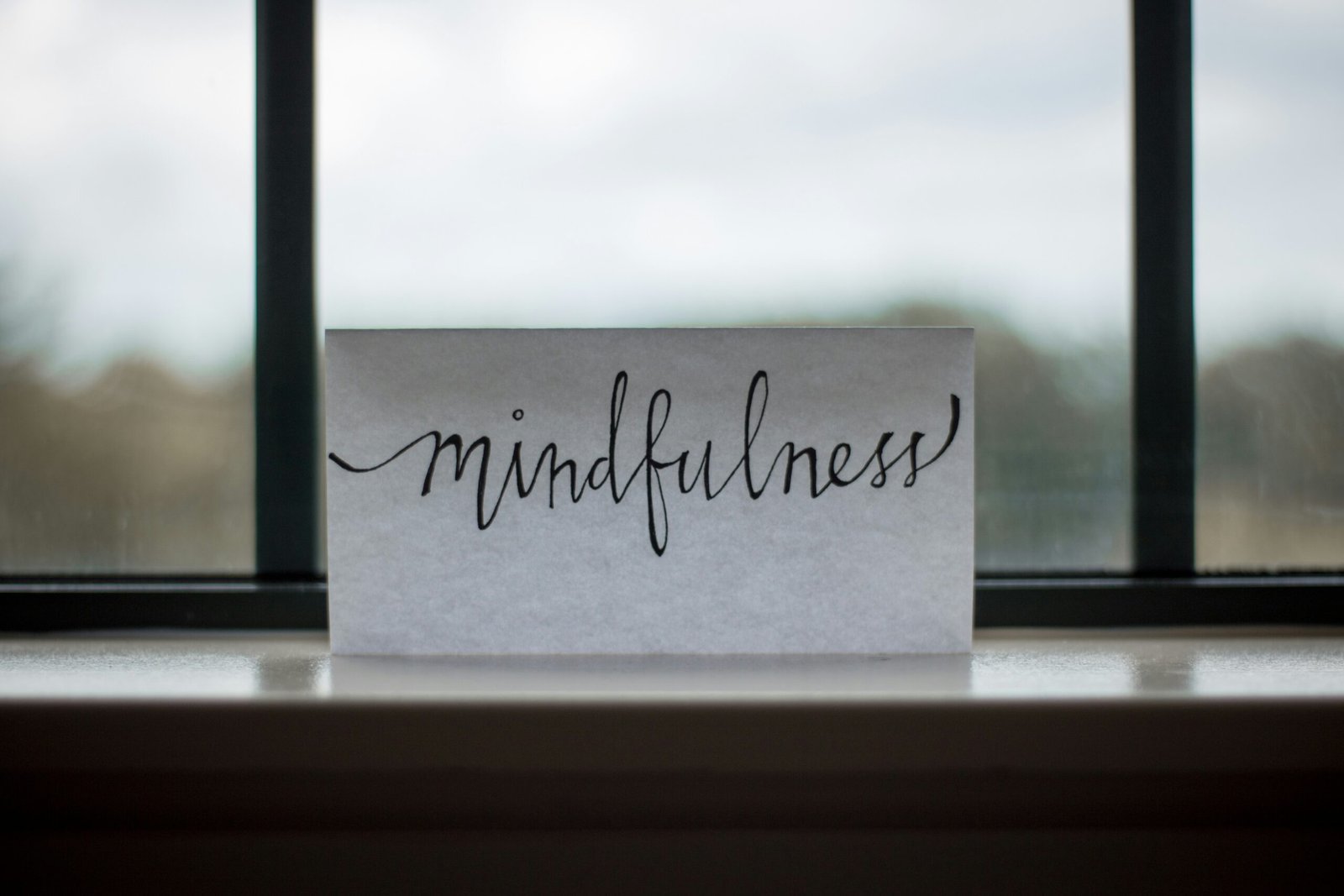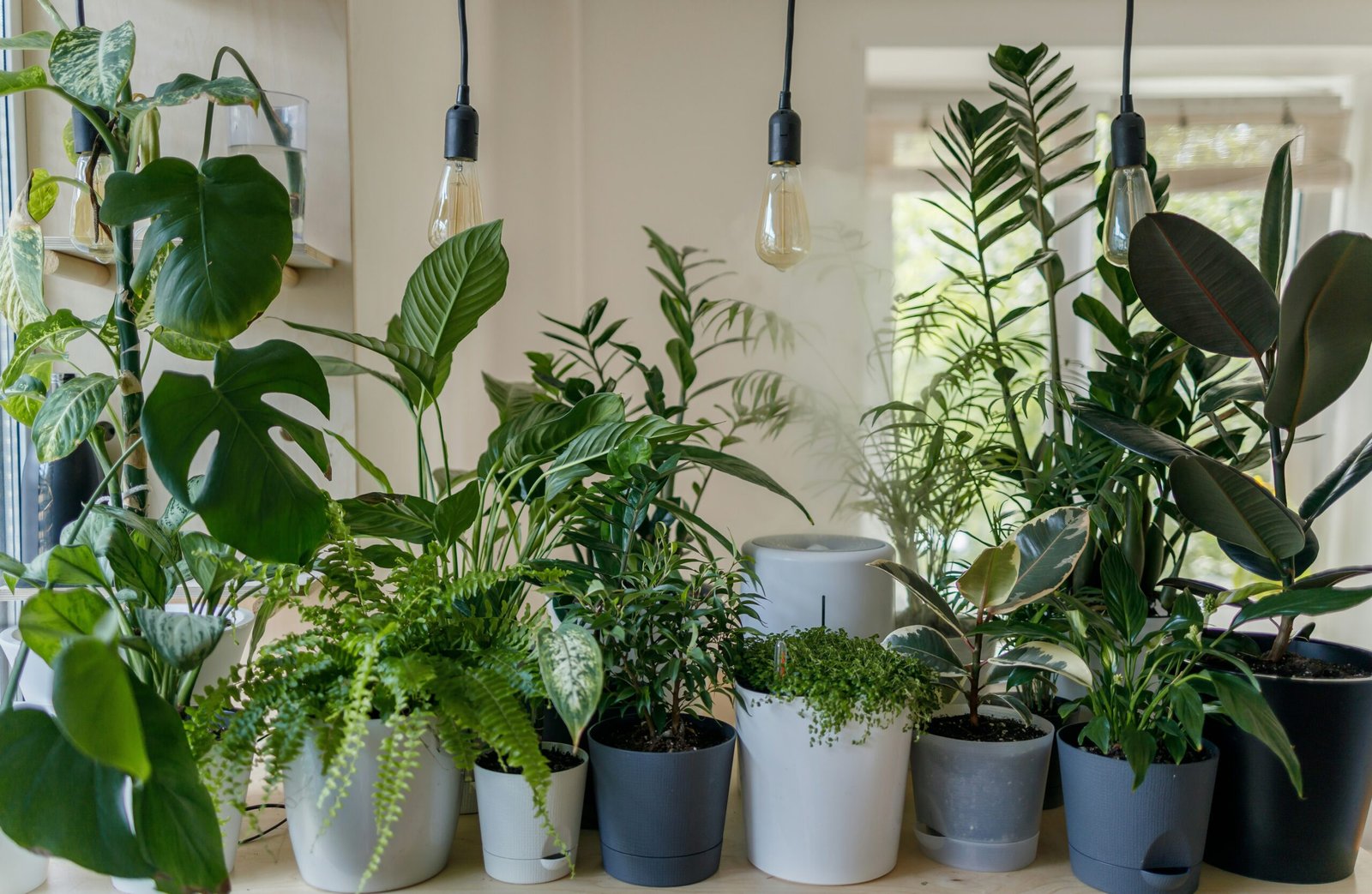How Mindfulness and Meditation Can Help You
There has been a recent uptick in the popularity of mindfulness and meditation activities, which aim to improve one’s emotional and mental health. Focusing on the here and now and training oneself to be attentive and accepting are the goals of these activities. Despite their superficial similarities, mindfulness and meditation are really rather different practices, each with its own set of advantages. We shall go into the many methods and the ways they can improve our lives in this article.
Being Present Through Mindfulness
Practicing mindfulness entails bringing one’s nonjudgmental attention to the here and now. Accepting and letting go of one’s ideas, feelings, and bodily sensations as they come up is the essence of mindfulness. Formal meditation exercises and bringing mindfulness into everyday life are two examples of the many ways in which it can be practiced.
Reducing stress and anxiety is a major advantage of practicing mindfulness. Rather than dwelling on the past or planning for the future, we can live in the now by bringing our awareness here and now. Even when faced with difficult circumstances, this might help us feel more stable and composed.
In addition, practicing mindfulness can help us manage our emotions better, which in turn improves our general health. Staying in the here and now allows us to gain insight into our emotions and practice effective response strategies. A higher level of satisfaction and fulfillment, enhanced decision-making abilities, and enhanced relationships can all result from this.
Meditation Mastery
Meditation is a more organized way to develop mindfulness, while mindfulness can be practiced informally all day long. A key component of meditation is making time in one’s schedule specifically for quiet contemplation and concentration. Numerous forms of meditation exist, each with its own special emphasis and set of advantages.
Directing one’s awareness to a particular thing, such one’s breath or a mantra, is a popular practice in focused attention meditation. This is a great way to practice mindfulness and focus on the here and now. Another kind is loving-kindness meditation, which entails training one’s heart to be more empathetic and forgiving. Feeling more connected to others and more empathetic is one outcome of this practice.
Another well-liked method is transcendental meditation, which employs the recitation of a mantra in order to attain a calm and serene state of mind. There is evidence that this technique can alleviate stress, enhance concentration, and boost general health. Some more types of meditation are walking meditation, mindfulness-based stress reduction, and body scan meditation.

Why Mindfulness and Meditation Work According to Science
The advantages of meditation and mindfulness have been well-documented by science. Scientific research has demonstrated that the brain undergoes beneficial changes as a result of consistent meditation practice. These changes include an increase in gray matter in regions linked to empathy, emotional control, and attention.
Research also shows that practicing mindfulness and meditation might improve mental health. Depressive and anxious symptoms, poor sleep quality, and general psychological health can all be alleviated with these techniques, according to research. Chronic pain and stress-related symptoms can both be effectively managed with their help.
Mindfulness and meditation also have positive effects on physical health. Research has shown that these habits can have positive effects on cardiovascular health, immunity, and blood pressure. In addition to boosting cellular health and decreasing inflammation, they can aid in healthy aging.
Making Meditation and Mindfulness Part of Your Everyday Routine
Making meditation and mindfulness a regular part of our life can have a profound effect on our well-being. Bear in mind that these routines call for perseverance and regularity. It may be good to meditate for a short period of time at first and then extend the time spent meditating.
It is possible to incorporate awareness into every aspect of our lives, not just during scheduled meditation sessions. Practicing this can be as easy as being fully present while you eat, move, or talk. We can practice mindfulness in our daily lives by showing up to these situations with an attitude of openness and interest.
Mindfulness and meditation can be supplemented by a plethora of materials. Meditation clubs in your area, online classes, and guided meditation applications are all part of this category. The process of trying out many approaches until you discover one that works for you may be quite rewarding.
In summary
Our psychological, emotional, and physiological health can all benefit greatly from practicing mindfulness and meditation. We may all benefit from heightened awareness, less stress, better relationships, and more happiness if we make these habits a part of our daily life. Mindfulness and meditation, whether done formally in scheduled sessions or informally throughout the day, can lead to profound personal growth and inner calm.










